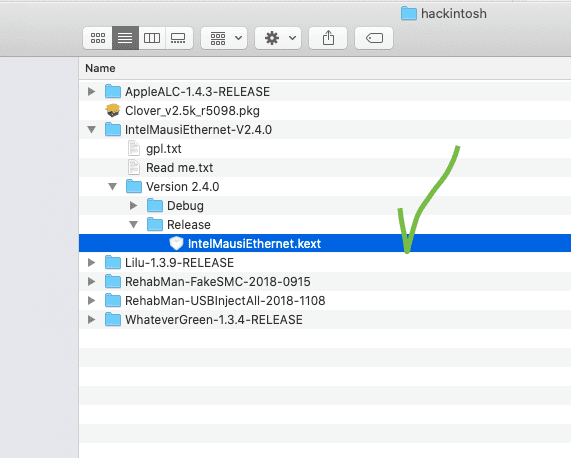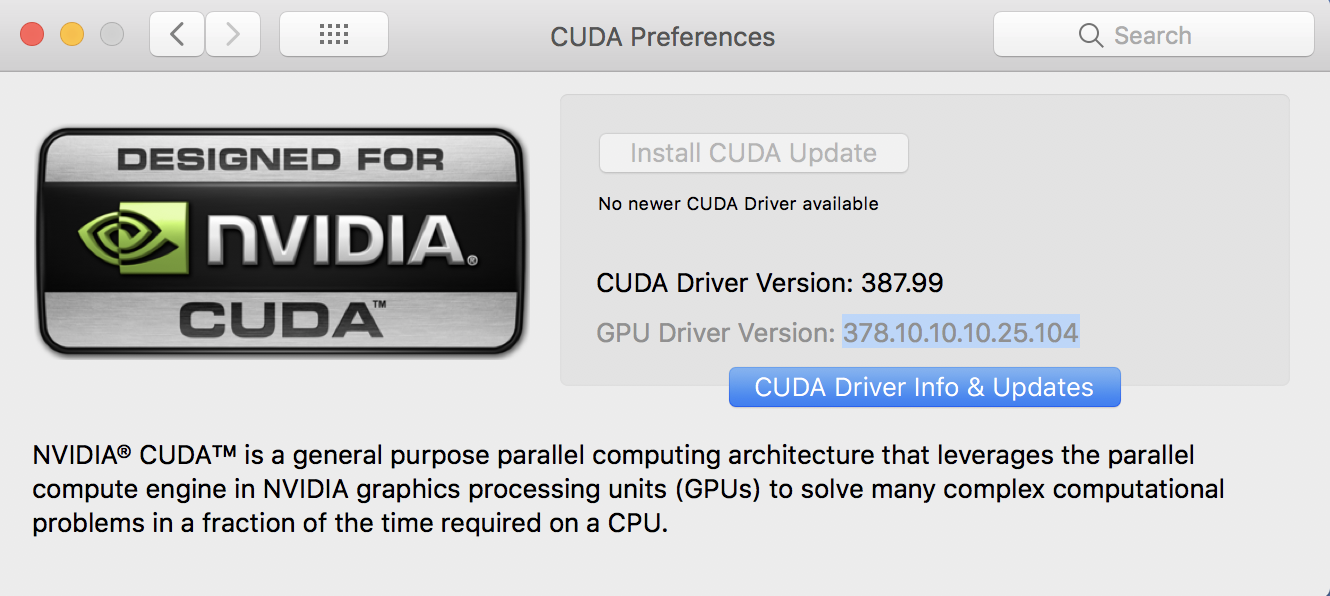

- #Osx ednable csrutil after openzfs install install
- #Osx ednable csrutil after openzfs install software
- #Osx ednable csrutil after openzfs install code
#Osx ednable csrutil after openzfs install install
Tutorial: Install ZFS on Debian GNU/Linux A multipart in depth tutorial by Aaron Toponce published in 2012-2013.Video: Open-ZFS Bootcamp 1h:42m video by Linda Kateley on YouTube published Oct 14, 2014.Video: Becoming a ZFS Ninja Part 2 by Ben Rockwood speaks at CommunityOne, June 2009.Video: Becoming a ZFS Ninja Part 1 by Ben Rockwood speaks at CommunityOne, June 2009.Video: OpenZFS Basics by Matt Ahrens and George Wilson 1h:28m video from the OpenZFS channel on YouTube published May 14, 2018.Article: Digging into the new features in OpenZFS post-Linux migration by Jim Salter for Ars Technica published June 6, 2019.Article: Ars walk through: Using the ZFS next-gen filesystem on Linux by Jim Salter for Ars Technica published February 23, 2014.OBS Filesystem tools and FUSE-related packages.OpenSUSE Leap & SLE 15.3 # zypper addrepo For Tumbleweed select the openSUSE icon, for Leap or SLE select the SLE icon.Ĭommand Line Installation openSUSE Tumbleweed # zypper addrepo This will install the ZFS packages as well as the repository for future updates.

#Osx ednable csrutil after openzfs install software
Go to the ZFS from filesystems project page on the openSUSE software portal and select your version of openSUSE. You can set the repository and install ZFS via the GUI or the command line. The "Filesystem Tools" repository maintained in (OBS) contains ZFS as well as a lot of updated file systems relates packages. The ZFS packages are not available from the standard repositories. A growing number of users successfully use Btrfs on root and use ZFS on data storage disks or arrays for the best of both worlds. openSUSE does not yet support ZFS on root. Using ZFS on root in a Linux system is still experimental, only Ubuntu recently introduced experimental root partition support in version 19.10. ZFS is currently best suited for data arrays.

In this case ZFS requires little memory resources and runs with little overhead. ZFS can be used to format a single disk or partition to make use of ZFS's powerful snapshot and replication capabilities without benefeting of ZFS's data redundancy features. ZFS on Linux (ZoL) is the implementation of OpenZFS designed to work in a Linux environment.
#Osx ednable csrutil after openzfs install code
It is strategically reducing existing platform related differences in order to ease sharing of source code by bringing together developers from the illumos, FreeBSD, Linux, macOS, NetBSD, and Windows platforms, and a wide range of companies that build products on top of OpenZFS. OpenZFS is a project started by many of the original ZFS developers to create an open source implementation of ZFS. Oracle purchased Sun Microsystems and ZFS became closed source. ZFS was developed to be a next generation file system by Sun Microsystems. The two main implementations, by Oracle and by the OpenZFS project, are extremely similar, making ZFS widely available within Unix-like systems. The features of ZFS include protection against data corruption, support for high storage capacities, integration of the concepts of filesystem and volume management, snapshots and copy-on-write clones, continuous integrity checking and automatic repair, RAID-Z and native NFSv4 ACLs, and can be very precisely configured. ZFS is a combined file system and logical volume manager designed by Sun Microsystems. 4.1 External Introductions and overviews.


 0 kommentar(er)
0 kommentar(er)
